31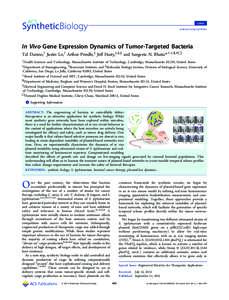 | Add to Reading ListSource URL: biodynamics.ucsd.eduLanguage: English - Date: 2013-10-11 13:34:11
|
|---|
32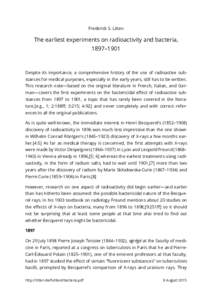 | Add to Reading ListSource URL: litten.deLanguage: English - Date: 2018-03-25 02:49:37
|
|---|
33 | Add to Reading ListSource URL: www.biology-resources.comLanguage: English - Date: 2008-11-13 06:59:54
|
|---|
34 | Add to Reading ListSource URL: www.plantlink.se- Date: 2018-01-22 13:33:30
|
|---|
35 | Add to Reading ListSource URL: alabamapublichealth.govLanguage: English - Date: 2018-08-09 09:39:42
|
|---|
36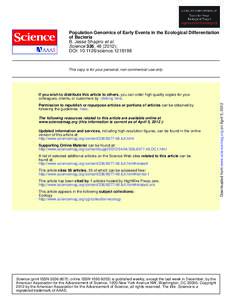 | Add to Reading ListSource URL: www.shapirolab.caLanguage: English - Date: 2013-03-23 16:28:07
|
|---|
37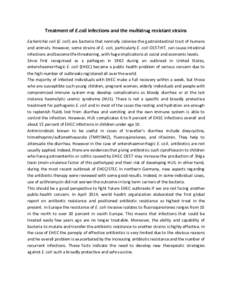 | Add to Reading ListSource URL: www.discoproject.euLanguage: English - Date: 2018-03-08 06:05:29
|
|---|
38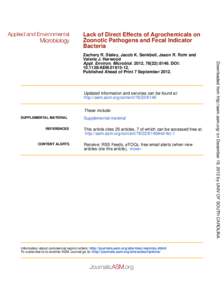 | Add to Reading ListSource URL: shell.cas.usf.eduLanguage: English - Date: 2012-12-19 13:10:20
|
|---|
39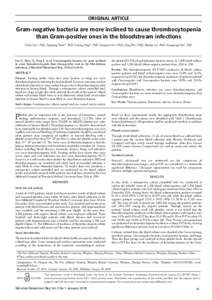 | Add to Reading ListSource URL: www.pulsus.comLanguage: English - Date: 2018-04-18 04:39:43
|
|---|
40 | Add to Reading ListSource URL: www.labex-gral.frLanguage: English - Date: 2018-01-23 09:27:54
|
|---|